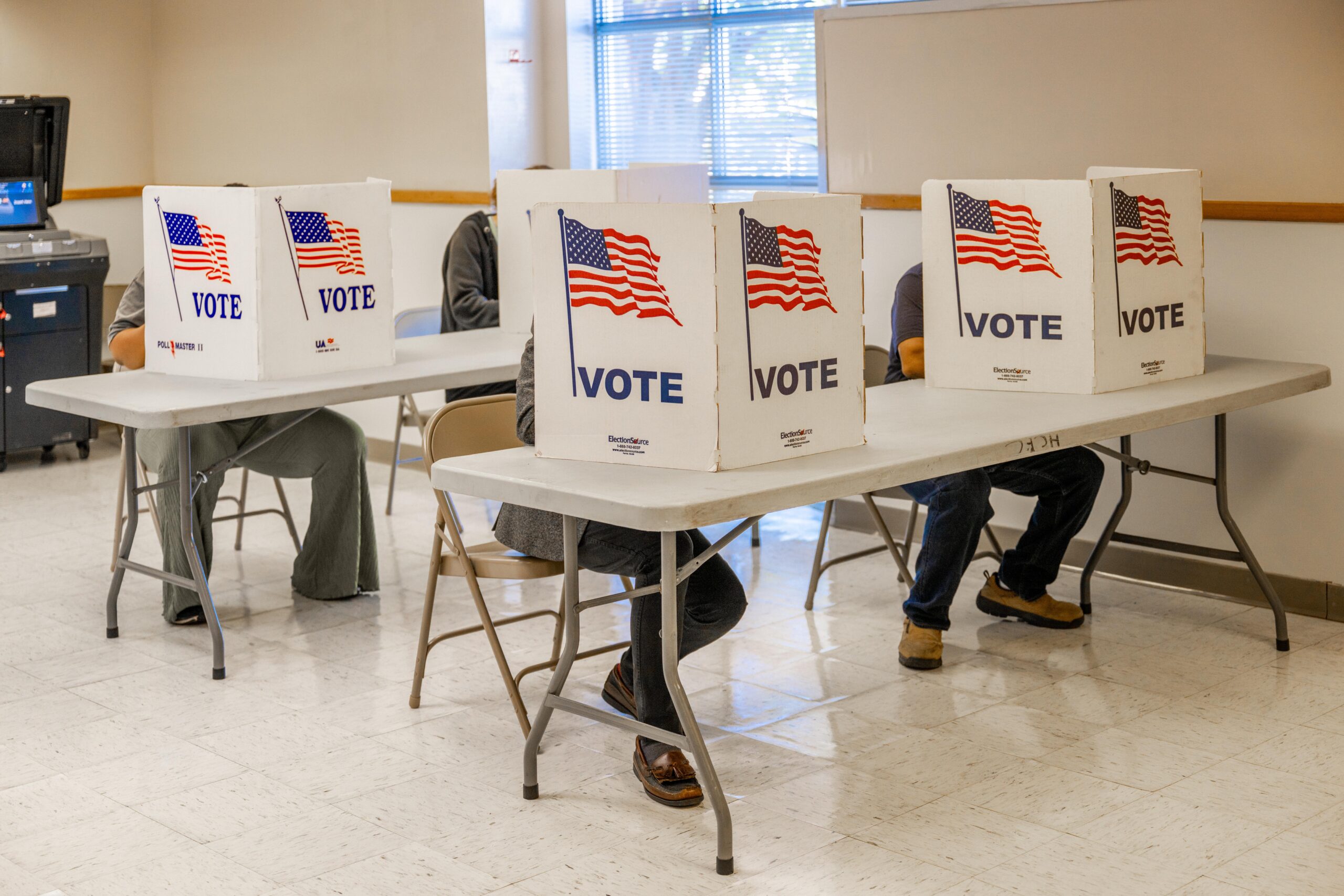Politics
Trump Judges Deliver Ruling That Could Disrupt Election

In a stunning legal development, a panel of judges appointed by Donald Trump has issued a ruling that could significantly disrupt the upcoming elections. On Friday, the U.S. Court of Appeals for the 5th Circuit decided that states cannot count ballots that are mailed by Election Day but arrive shortly after. Although this ruling specifically targets Mississippi, its implications could extend to 18 other states and Washington D.C., which allow for the acceptance of late-arriving ballots. This decision raises serious concerns about the validity of potentially hundreds of thousands, if not millions, of votes.
The Republican National Committee (RNC) initiated this legal challenge as part of a broader strategy to eliminate the practice of counting ballots that, while postmarked by Election Day, are received later. The implicit belief among Republicans is that these ballots tend to favor Democratic candidates. By choosing Mississippi—one of the few states in the 5th Circuit that counts such ballots—the RNC aimed to secure a ruling from a court viewed as favorable to their agenda.
Their argument was built on the premise that federal law mandates all votes be received by Election Day, thereby overriding state laws that allow for late arrivals. However, U.S. District Judge Louis Guirola Jr. dismissed this viewpoint, highlighting that the Constitution grants states the authority to set the “times, places, and manner” of federal elections, a power that Congress has not specifically restricted regarding mail ballots.
The 5th Circuit panel, composed of far-right judges Andrew Oldham, Kyle Duncan, and James Ho, countered Judge Guirola’s reasoning. Oldham’s majority opinion suggested that ballots are not considered “cast” until they are physically in the custody of state officials, a claim lacking clear legal grounding. By coining this non-standard definition of “cast,” the judges concluded that late-arriving ballots were, in fact, cast after the legal deadline.
This reading of the law is not only unconventional but also raises significant questions about the broader implications for voting rights. After decades of states adapting to the realities of mail-in voting, the panel’s ruling threatens to unravel established procedures and may even ignite chaos in the electoral process. If Congress intended to restrict voting solely to Election Day, it could lead to questions about the legality of early, in-person voting as well.
Historically, states have accepted late-arriving ballots without legal interference for over a century. Although Oldham sought to dismiss these precedents as “outliers,” the reality is that many states routinely counted ballots received shortly after Election Day, especially before the recent explosion of vote-by-mail practices.
The practical impact of the ruling could be monumental. With 18 states and D.C. counting late-arriving ballots—California, for instance, counts votes received up to a week post-Election Day—the stakes are incredibly high. During the 2022 midterms, Nevada’s Clark County alone counted approximately 40,000 valid mail ballots that arrived after the Election Day cutoff.
What appears increasingly evident is that this ruling is part of a larger Republican strategy to challenge and potentially overturn ballot-counting laws across the nation. The 5th Circuit did not impose a nationwide injunction but tasked lower courts with determining appropriate responses. Given the proximity to the election, any attempts to enforce these new interpretations of federal law might stall, but they lay the groundwork for the Supreme Court to step in post-election and possibly upend voting laws across numerous states.
The decision has been critiqued as not just a legal maneuver but a deeply cynical and politically motivated act. With Mississippians now uncertain about the validity of their votes, and voters in other states alerted to the risks of their ballots being dismissed, the potential for confusion and challenges to the electoral process grows. This situation offers a calculated opportunity for partisans to raise questions about electoral legitimacy based on the ruling’s implications—an unsettling scenario for democracy that could have dire consequences for the future of voting rights in America.
